Digital Humanities Applications
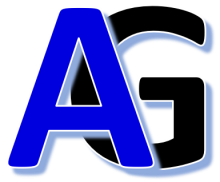
ArqueoGriegos
ArqueoGriegos is an interactive viewer that brings together the“Universal Catalogue of Museums and Archaeological Sites of Ancient Greece”, an extensive multimedia corpus designed to explore the rich archaeological heritage of Greece. This catalog includes detailed descriptions of154 museums and 277 archaeological sites, along with a collection of over 20.000 texts, nearly 10,000 images and more than 1,000 AutoCAD plans.
The platform features a powerful search engine that allows easy access to texts and annotations for images (photographs and plans). It also provides detailed informational sheets for each item, offering an enriching experience for those eager to delve into the archaeology and history of Greece.
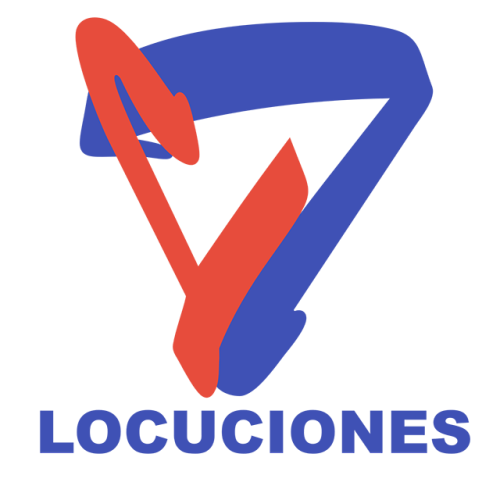
Locuciones TIP
TIP Locutions is an application designed to identify expressions and locutions in Spanish within a text. It allows users to type or upload plain text files and provides information about the detected locutions, including their category, meaning, and usage examples, all based on the Diccionario de la lengua española (DLE) of the Royal Spanish Academy (RAE).

OPORT -Observatory of Portugueseisms
OPORT (Observatory of Portugueseisms) is a Digital Humanities platform that shows data on the incorporation of lexical Portugueseisms into the Spanish language from the 16th century to the present day.
The information gathered compiles and updates the knowledge about these loans, essential to understand the history of Spanish, from different points of view: route of penetration, etymology, definition, thematic fields, geographic extension and dating, as well as documentary and lexicographic record with examples of each case.
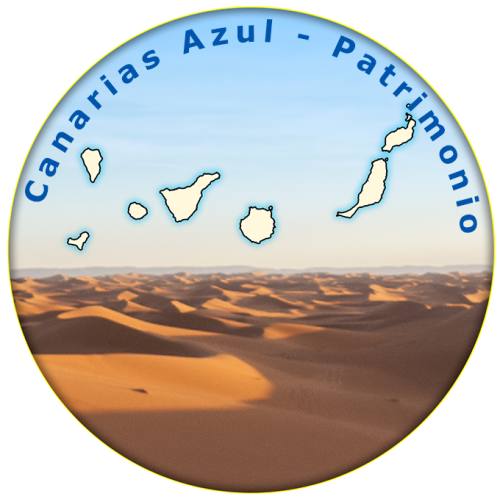
Blue Canaries. Promotion and preservation of tangible and intangible coastal heritage.
Blue Canaries. Promotion and preservation of the tangible and intangible coastal heritage is a project that aims to develop a database that allows the free computer application for society, offering complete, rigorous and attractive information on tangible and intangible heritage elements linked to the coast of the island of Gran Canaria, and endorsed by the quality seal of the University of Las Palmas de Gran Canaria and specifically, the Institute for Textual Analysis and Applications (IATEXT).
Access Canarias Azul. Promotion and preservation of tangible and intangible coastal heritage.
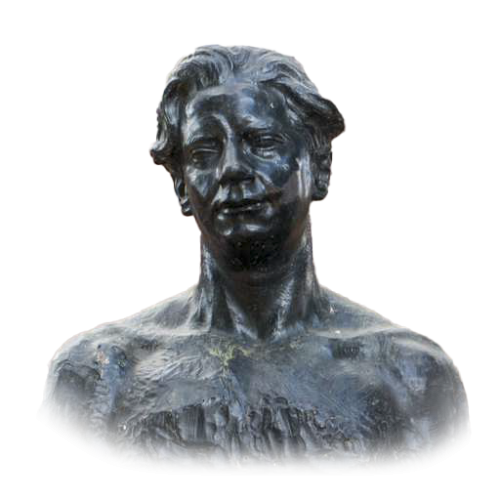
Buscador ModeCan. Textos Modernistas de Canarias
Textos Modernistas de Canarias (ModeCan) is a Digital Humanities search engine, conceived in a scalable way, which will allow new approaches and innovative results on the work of Tomás Morales, Alonso Quesada and Saulo Torón through the lexical relationships present in his works, as well as linguistic, grammatical and semantic studies in the works of these writers.
ModeCan is an initiative of the Department of Culture of the Cabildo de Gran Canaria, Museum Service, at the proposal of the Tomás Morales House-Museum, in whose development the University Institute of Analysis and Applications has participated (IATEXT) from the University of Las Palmas de Gran Canaria.

AMERLEX
This Digital Humanities project aims to create an online and open database (AMERLEX-DATABASE) that systematically brings together the lexical Americanisms present in a selection of Spanish and English texts on America published during the sixteenth and seventeenth centuries. This research is based on the compilation of the following data of the identified Americanisms: motto, spellings, work, year of publication, edition number, textual typology, author and its origin, grammatical category, lexical area, language of origin, area where it is registered, it shows in Spanish and English texts, definition in dictionaries of the time (if it is registered), in addition to other fields that are considered of interest.
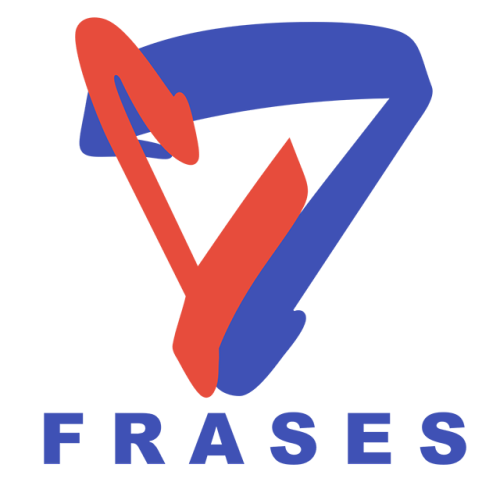
Frases TIP
Frases TIP is a Digital Humanities web application that allows you to search for example phrases in a corpus of more than twelve million different phrases. The example sentences are sorted by the number of words in each sentence and you can filter your search by selecting a range of the number of words in the result sentences. TIP Phrases supports three search options: search by order, search by order and distance, and number of words: These options allow you to filter the search result to examples of phrases with a number of words in the selected range.
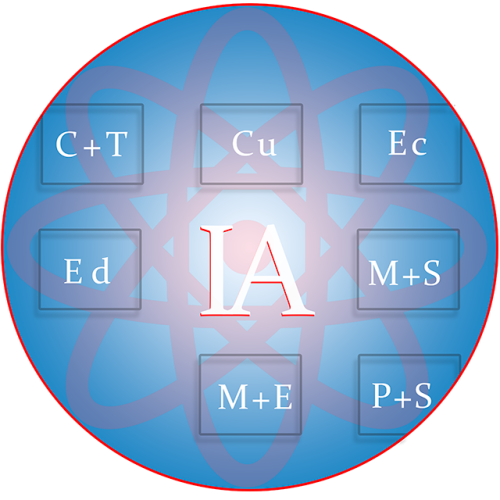
Search-IL in articles published on The Conversation website
IL-search engine in articles published on the web The Conversation is an application developed with Linguistic Intelligence and related to Digital Humanities. Its main function is to facilitate the search for academic and scientific content through the use of linguistic resources: exact search (Search in order), by motto, by grammatical category and with distance (measured in number of words) between the search terms. . In addition, you can search and filter articles by publication date, scope and keywords, as well as set the size of the context of the phrase in its dropdown.
This application has been developed jointly by the University Institute of Textual Analysis and Applications and the University of Las Palmas de Gran Canaria.
Access IL-Search in articles published on The Conversation website
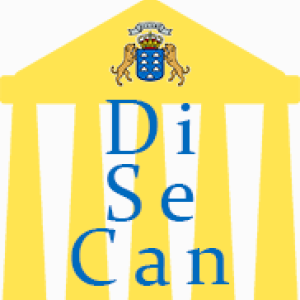
DiSeCan
DiSeCan: Search engine in the Session Diaries of the Parliament of the Canary Islands.
work is part of the Ultraperiphery and European Cohesion Project: metaphorical conceptualization of Europe in the Canarian political discourse, subsidized by the Government of the Canary Islands (Canary Islands Agency for Research, Innovation and Information Society (ACIISI)) and the European Union with Funds FEDER. The IATEXT doctors Gracia Piñero Piñero (main researcher), Marina Díaz Peralta, María Jesús García Domínguez, Francisco Javier Carreras Riudavets, Zenón Hernández Figueroa and computer engineer Orlando Belloch Díaz participate in the Project.
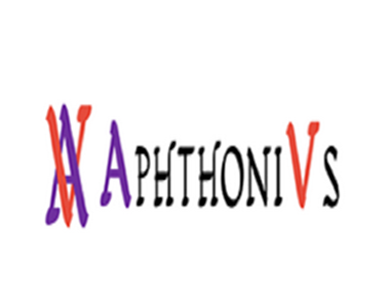
Aphthonius Digital
Aphthonius Digital is a Digital Humanities project that studies the presences of the progymnasmata in European humanistic manuals of the 16th and 17th centuries. This application serves as a search engine to make these translations available to the scientific and academic community for the performance of comparative studies and analyzes. This tool has been created by the University Institute of Textual Analysis and Applications of the University of Las Palmas de Gran Canaria and, is subsidized by the Ministry of Science, Innovation and Universities of the Government of Spain.
Santa Juana de Castilla, de Benito Pérez Galdós
Santa Juana de Castilla: Between Fiction and History is a web application that hosts one of the great works by Benito Pérez Galdós. Specifically, it is a dramatic play in which a review is made of the life and history of Juana Primera de Castilla, also colloquially called Juana la Loca. This edition is part of the Puente Teatro de Galdós Digital Humanities research project. Looks and proposals, CABILDO2018-05, funded by the Cabildo de Gran Canaria and developed by the IATEXT under the coordination of Carmen Márquez Montes and the collaboration of Miguel Ángel Perdomo Batista.
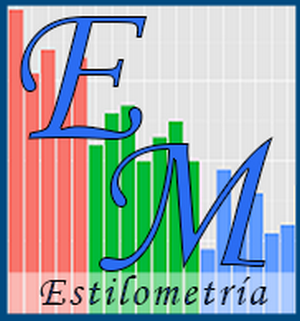
Stylometry TIP
TIP Stylometry is a web application for text analysis, a set of statistical calculations based on the morphological and syntactic characteristics of the text, the results of which are represented by using tables and graphs. The user can configure the program to analyze the elements of the desired languages, such as connectors, speech markers, verbal periphrasis, phrases, specific vocabulary, anagrams, etc. These results allow to analyze the structure of the text from different viewpoints and also facilitate the comparison between different texts that are combined in the so-called Digital Humanities.
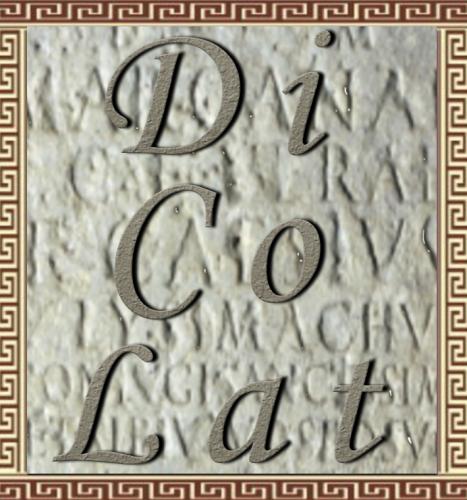
Online Latin Collocations Dictionary
DiCoLat «Dictionary of Latin Collocations on the net» is an online dictionary that collects and describes in a systematic and detailed way all verb-nominal collocations (of the type gratias agere , bellum gerere or in mentem venire ) of the Latin language in a wide corpus of authors and works from the second century BC until the 5th century AD. This dictionary of Digital Humanities provides an exhaustive semantic, syntactic and combinatorial analysis of each of the collocations, as well as real examples of use (with their respective translations into Spanish), frequency of use and diachronic evolution.
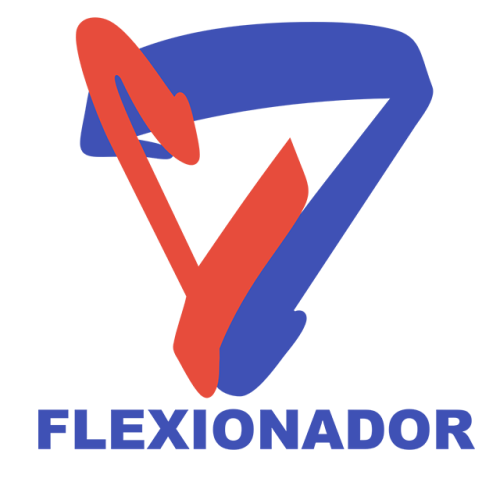
TIP flexer
The «Intelligent Nominal Flexionator» is a natural language processing tool for the Spanish language. It consists of a web application capable of obtaining all the inflections of a given word, as well as being able to find the canonical form of an entered inflection. It can handle nouns, pronouns, adjectives, adverbs, conjunctions, etc. And although it recognizes verbs, it does not conjugate them. In this work on Digital Humanities, diminutive, augmentative, and derogatory appreciatives are considered nominal inflections. The inflections it shows are mainly gender and number and the superlative for adjectives, among others less frequent.
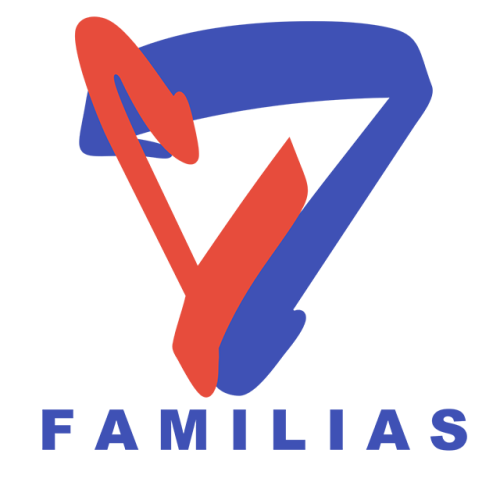
Families TIP
Families TIP uses a database related to Digital Humanities that shows the family of words, also known as lexical family, of a given. The set of words that share the same root constitutes what is called a word family or lexical family. Words that have been formed from each other by adding an affix are called derived words and words that give rise to the formation of other words are called primitives. That is, a word (derived) is formed from another (primitive), then, the set of words derived from the same primitive constitutes the family of words or the lexical family of the primitive.
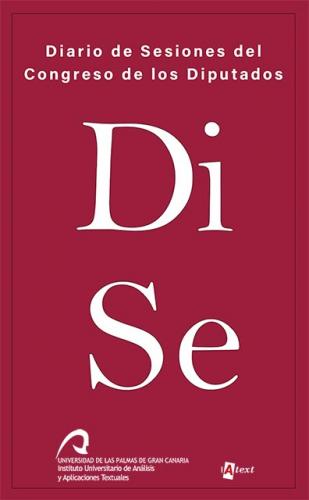
DiSe
DiSe: Prototype of a search engine in the Diaries of Sessions of the Spanish Congress of Deputies.
This work is part of the Digital Humanities Project & nbsp; The idea of Spain and Europe in the conceptual metaphors of Spanish parliamentary discourse: representation and emotion & nbsp; subsidized by the University of Las Palmas de Gran Canaria and by the University Institute of Textual Analysis and Applications. The main researcher is Dr. Gracia Piñero Piñero and the other members of the project are: Marina Díaz Peralta, María Jesús García Domínguez and Francisco Javier Carreras Riudavets.
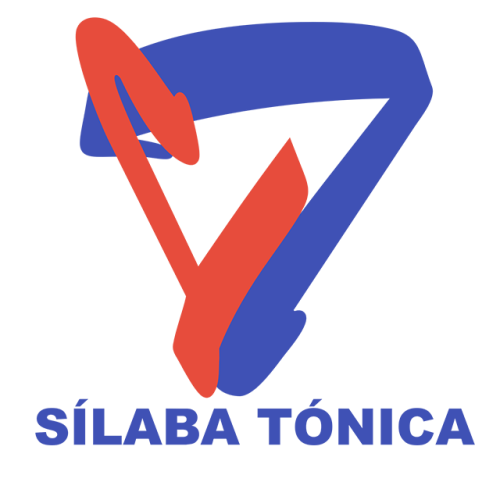
Sílaba Tónica TIP
Sílaba Tónica TIP shows all the tonic and atonic syllables that a Spanish word can have. It offers information related to the Digital Humanities and, about its syllables, the type of accentuation (high, low, mandrel, overdrive and lunar), whether it has diphthongs, triphthongs or hiatuses, as well as the position of the tonic and atonic syllables.

SententiApp
SententiApp is a Digital Humanities application that selects famous phrases (sentences) from classical authors in Latin and translated into Spanish and English on current issues as an example of the survival and transformation of classical thought in Western society. The sentences are grouped around different world or international days established by the United Nations and classified by categories. In addition, you can share, select and evaluate them.
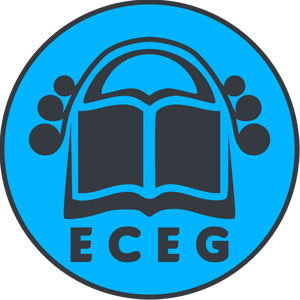
Eighteenth Century English Grammars Database (ECEG)
The ECEG is an electronic resource for the study of the 18th century grammatical tradition that contains bibliographic information on 323 grammars of the English language written between 1700 and 1800, supplemented by biographical information on their writers. This Digital Humanities project aims to provide scholars with a broad source of reference drawn from various bibliographies, online collections, facsimile reprints, and seminal works published between 1903 and 2011, thus facilitating research among the growing community of researchers in the normative grammatical tradition of the 18th century.
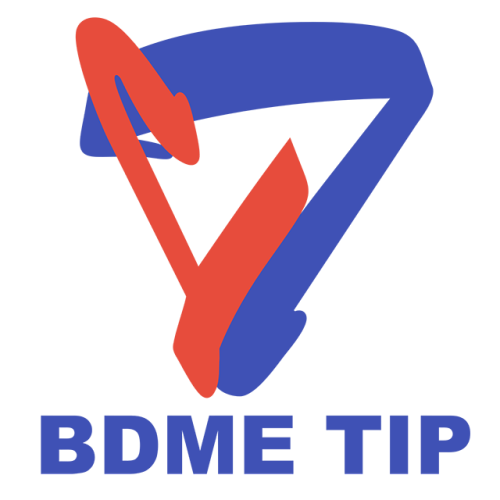
BDME TIP
BDME TIP is a Digital Humanities web platform for the morphogenetic study of the lexicon. It is a visualization tool that allows us to represent, either in the form of graphs - close to tree diagrams - or in a linear way, the lexical families and subfamilies of Spanish. The application transfers to the visual representation a part of the morpho-etymological information stored in a Spanish morphological database (BDME). Project developed within the framework of the collaboration agreement signed between the RAE, the USC and the IATEXT (ULPGC).

Excerpta Project
The Digital Humanities Project Excerpta & nbsp; provides easy digital & nbsp; online & nbsp; access to tagged 16th century Latin poetic flourishes for comparative and segment research, as well as tagged data for reuse in other applications and formats.
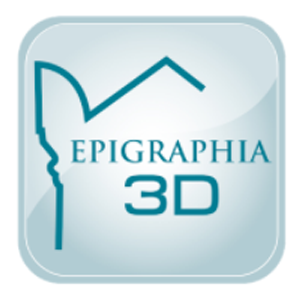
Epigraphia 3D
The world’s first Digital Humanities and 3D Roman epigraphy app. Experience, in the palm of your hand, a selection of 60 Roman inscriptions from the National Museum of Roman Art, Mérida (Spain). Discover their archaeological context on a map of the ancient Roman city of Augusta Emerita.![]()
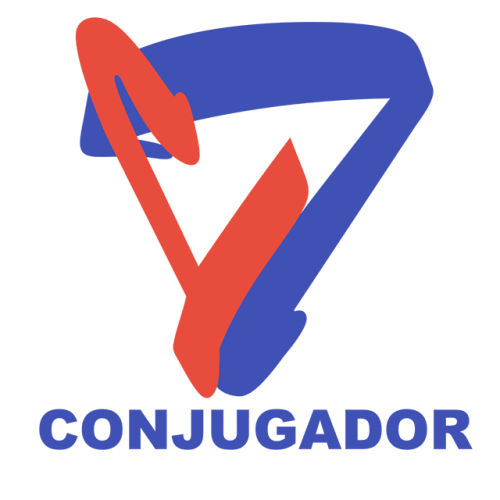
Conjugador TIP
TIP Conjugator shows the simple and compound conjugation of more than 14000 Spanish verbs with the contribution of the Digital Humanities. Classify all the irregularities of each conjugation and admit any conjugate form as input.
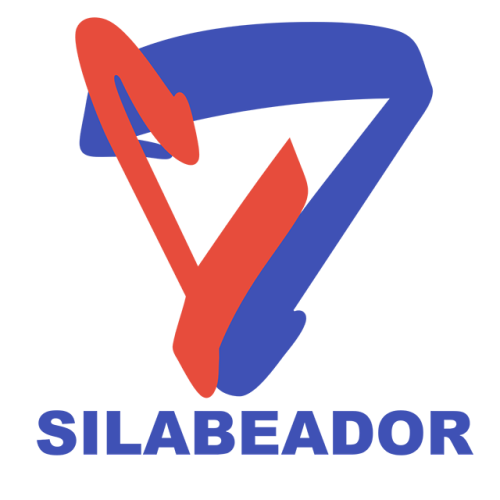
Silabeador TIP
Silabeador TIP separates any Spanish word into syllables. It is based on orthographic criteria that is complemented by a Digital Humanities tool that performs morphological analysis and, with a database that has more than 80 thousand semantic-lexical relationships.
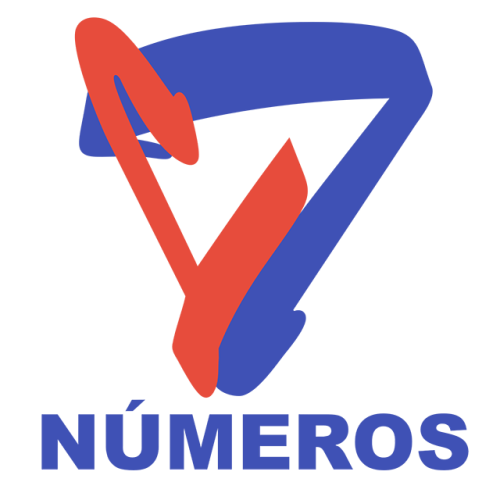
Números TIP
TIP Numbers linked to Digital Humanities performs the conversion of a number written with figures to its text according to various interpretive contexts: cardinality, ordinality, fraction and multiplication, and from other areas: Romans, sets or groups, polygons, polyhedra and ages.
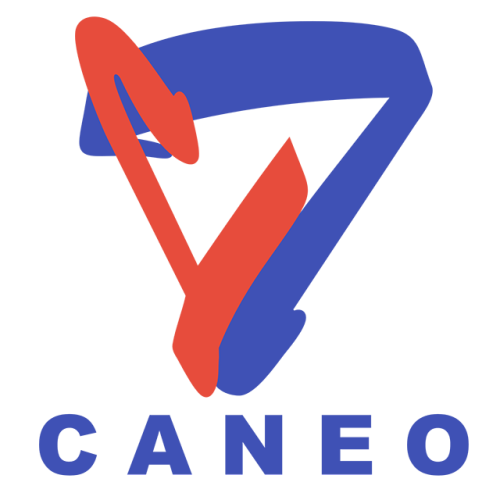
Caneo TIP
CANeo TIP is a Digital Humanities web tool that identifies possible suffix, prefix and parasynthetic neologisms. It detects the root of the neologism and composes the primitive word from which it comes and provides an estimate of the grammatical category of the neologism.
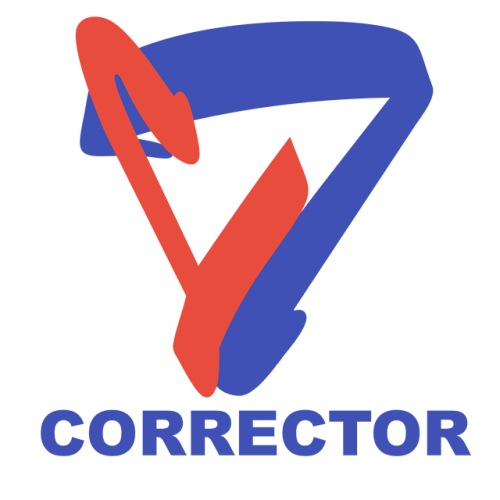
Corrector ortográfico
Speller TIP es una aplicación en línea de Humanidades Digitales que permite obtener las palabras más similares a una dada. El resultado se muestra en dos listas de palabras: Similares y Sugerencias.
